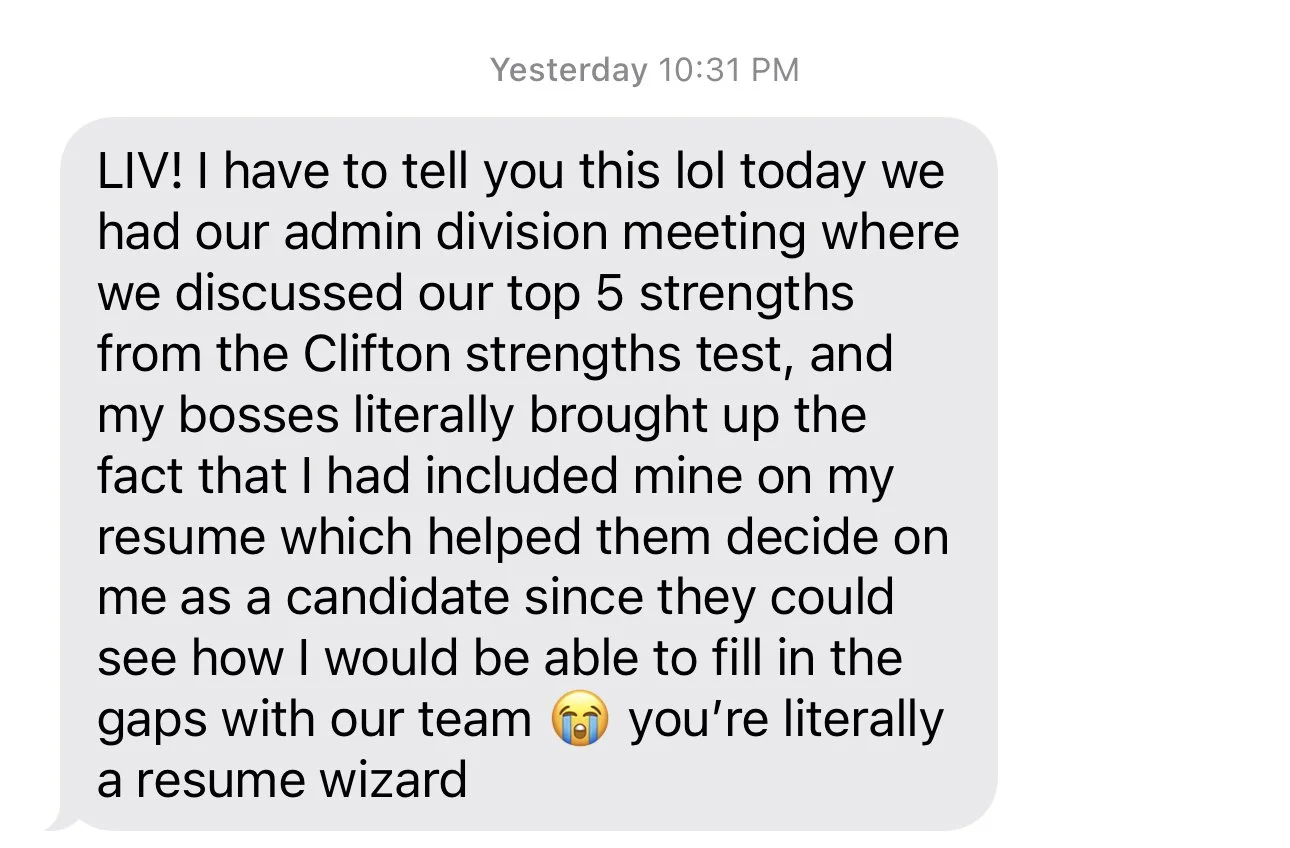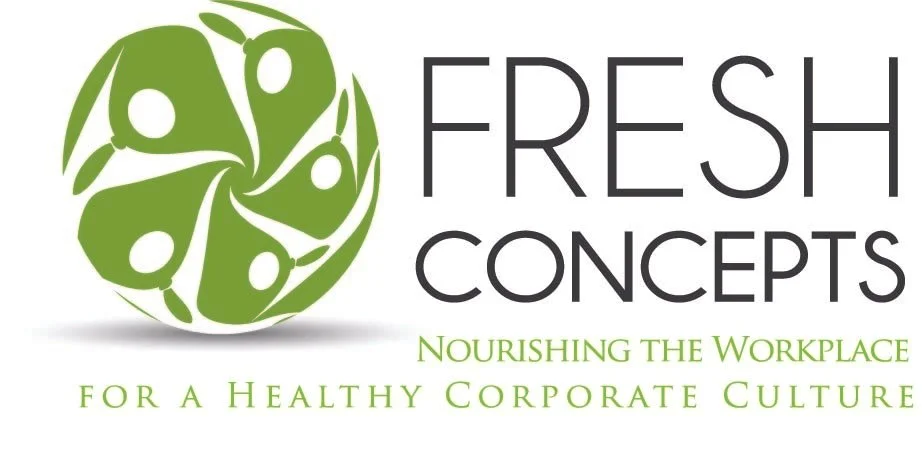Resume Mistakes That Make Recruiters Cringe
How to Avoid Common Mistakes and How to Stand Out to Recruiters
As a recruiter, I saw a lot of resumes.
The good. The bad. The ugly.
And when I was reviewing over a hundred resumes a day, if your resume didn’t grab my attention, I was moving on to the next one. There was no time to play detective or reach out to a candidate and ask “what did you mean by that?” I would just simply move on to the next resume in my pile.
When writing your resume, avoid these three common mistakes that are honestly cringey to recruiters and put your resume in the “yes” pile.
Avoid: Including every. single. detail.
It can be tempting to share every experience. You think, “But, my waitressing experience highlights my customer service skills!”
Yes, it totally does. Most of my customer service and communication skills came from waiting tables and working at a retail store. I learned vital soft skills there.
But when I’m applying to recruiting-specific roles, my resume will not include my waitressing experience. Instead, my resume focuses on talent acquisition and human resources experiences.
It’s challenging for recruiters to identify your showstopper experiences when your resume is cluttered with every experience you’ve had since you were 15.
To capture your reader’s attention, focus on your most impactful and recent experiences. Recruiters are looking for the latest and greatest experiences.
Key takeaways:
Keep your resume to 1-2 pages.
Focus on your key accomplishments. In general, your most recent experience should be the bulk of your resume.
If relevant, information from over 10 years ago can be a few lines at the bottom of your resume.
More often than not I recommend outdated experiences be cut all together. Instead, I recommend keeping a master version of your resume with all of your details, which could be multiple pages long. Then your formatted resume is tailored to the specific role you are seeking.
Avoid: Skills sections
Simply put: skills sections are boring. As a recruiter, I glanced over them.
“But, Olivia! A skills section will ensure my resume has all of the buzzwords!”
Your resume bullets should make it blatantly obvious that you possess these skills. And if it doesn’t, you might want to rewrite those bullet points. If this is the case, let’s talk!
Replace skills sections with strengths
Instead of including every buzzword within your industry, consider taking a strengths exam. My favorites are High5 (free) and CliftonStrengths (paid with multiple options).
Think about it this way: The leader hiring for this position has a more conservative team. They have all been at the company for 5+ years and tend to follow the status quo. They’re looking for someone who can shake things up without steamrolling the team. Well, they’re in luck, because one of your strengths is innovation, and the other is empathy. Jackpot! You can originate new ideas while considering your other team members.
Want to learn about strengths?
Sarah is the strengths coach and my strengths guru. Her books, “Unstuck at Last” and “FRESH Leadership” are transformative, and her strengths coaching services are the key to helping teams jive and thrive. “Unstuck at Last” was incredibly helpful to me and many of my clients also sing Sarah’s praises.
Avoid: Copy and pasted job descriptions
As someone who has written job descriptions, I can tell you two things:
1 - They are vague
2 - They are boring
Job descriptions are a lack-luster overview of your job function. A typical job description encompasses a general idea of what a company wants a candidate to do rather than what skills you (the person in that role) possess.
Moral of the story - Do not use your job description to write your resume. You can use it to get an idea and jog your memory. But avoid any copy / pasting.
Instead, highlight how you’ve successfully performed in your past positions.
Ask yourself:
How have I gone above and beyond?
What projects was I entrusted with?
What are my favorite aspects of each experience?
How did I enhance the job description with my skills?
What numbers can I use to better explain this?
What software have I used?
What would I talk about during a job interview?
Want to avoid all the resume faux pas?
Download my free guide: 7 Things You Should Never Include on Your Resume



